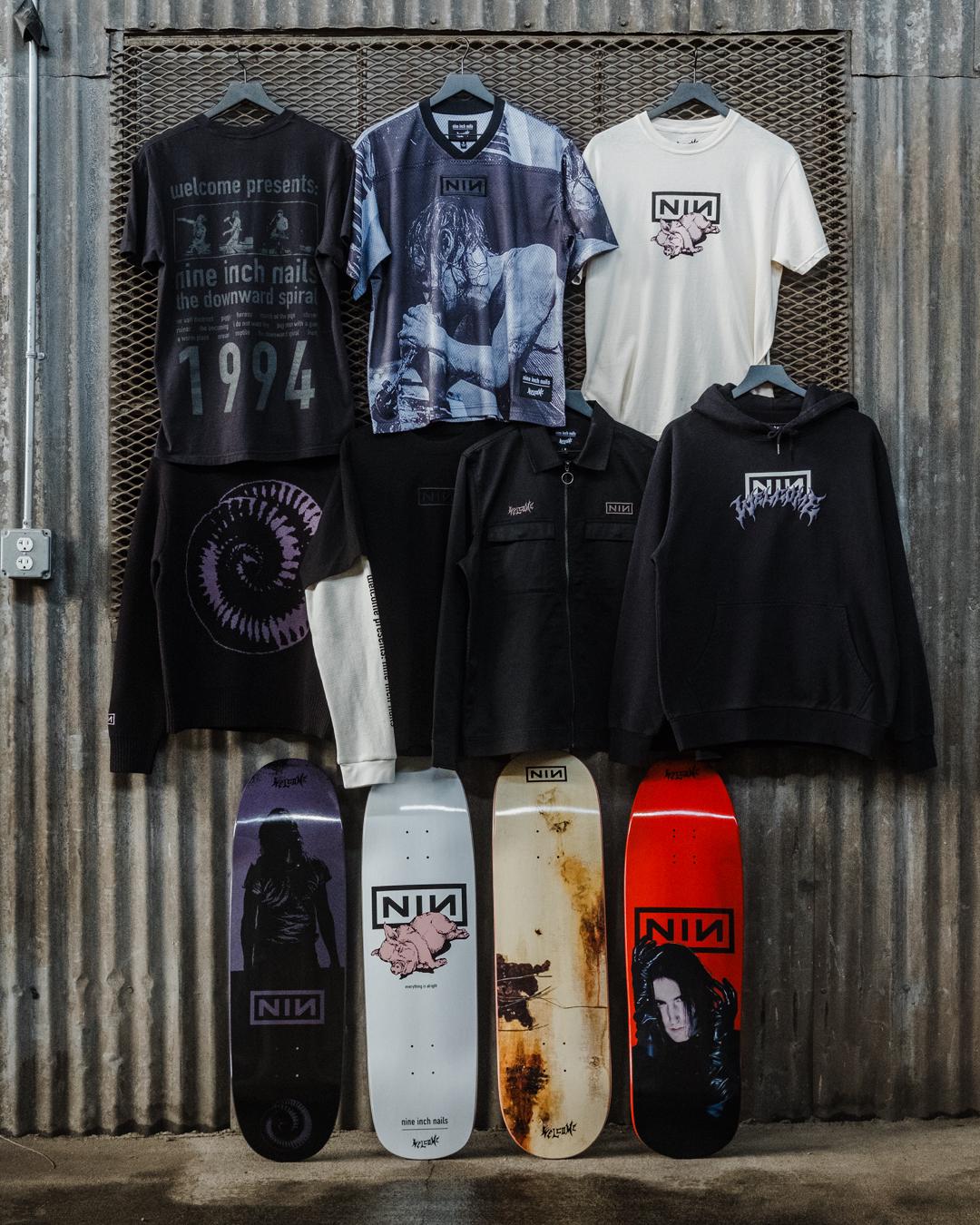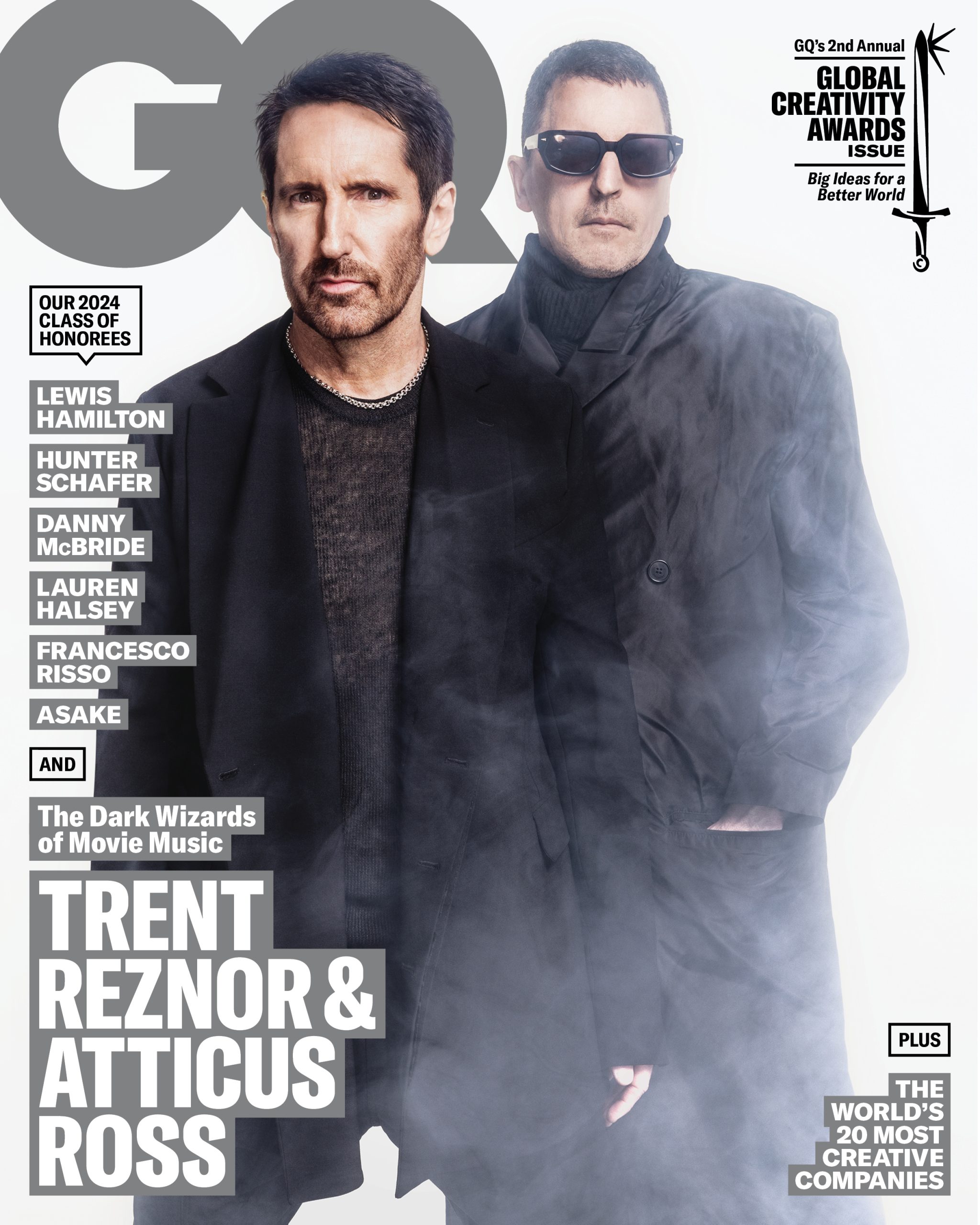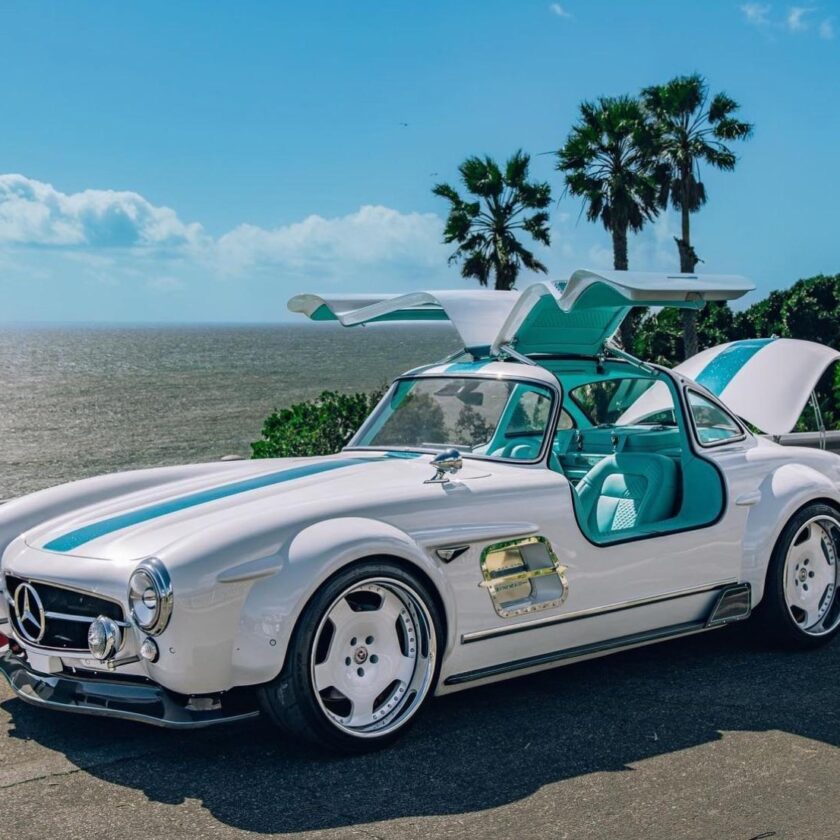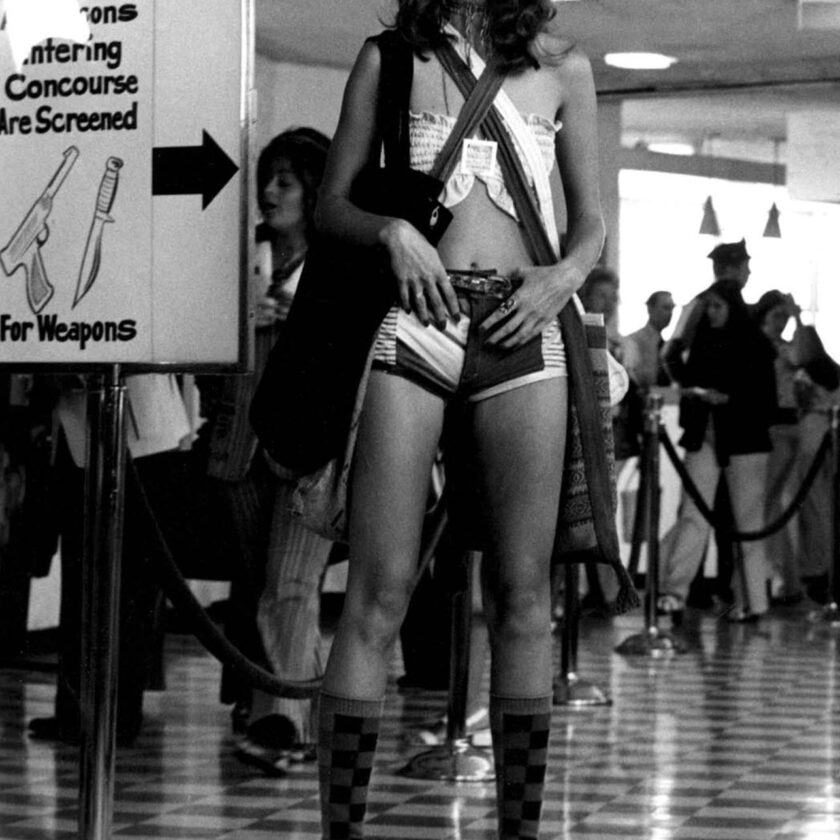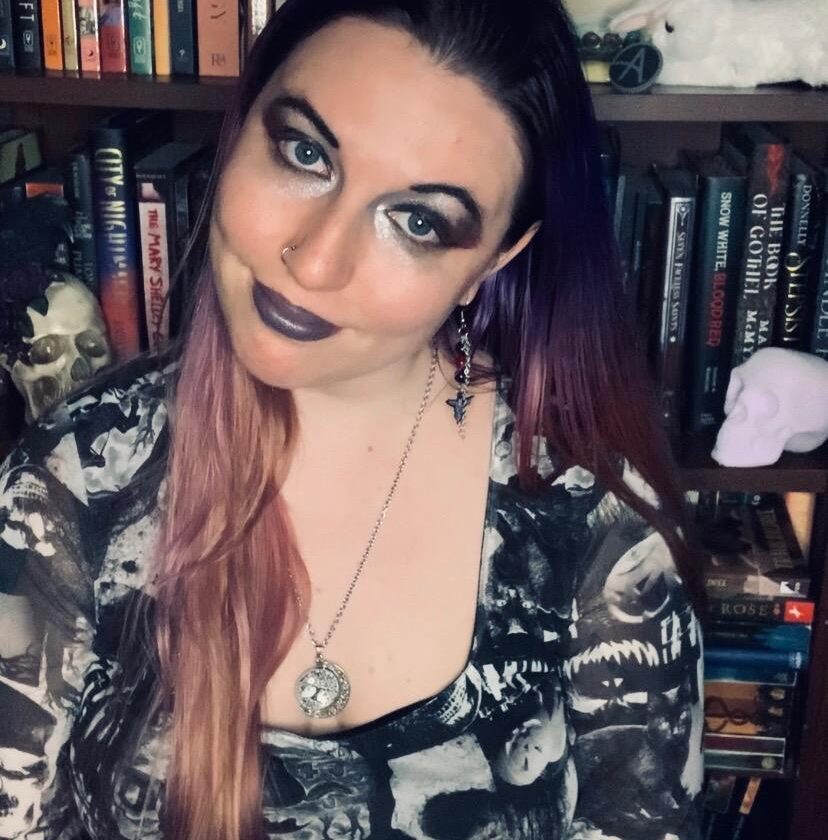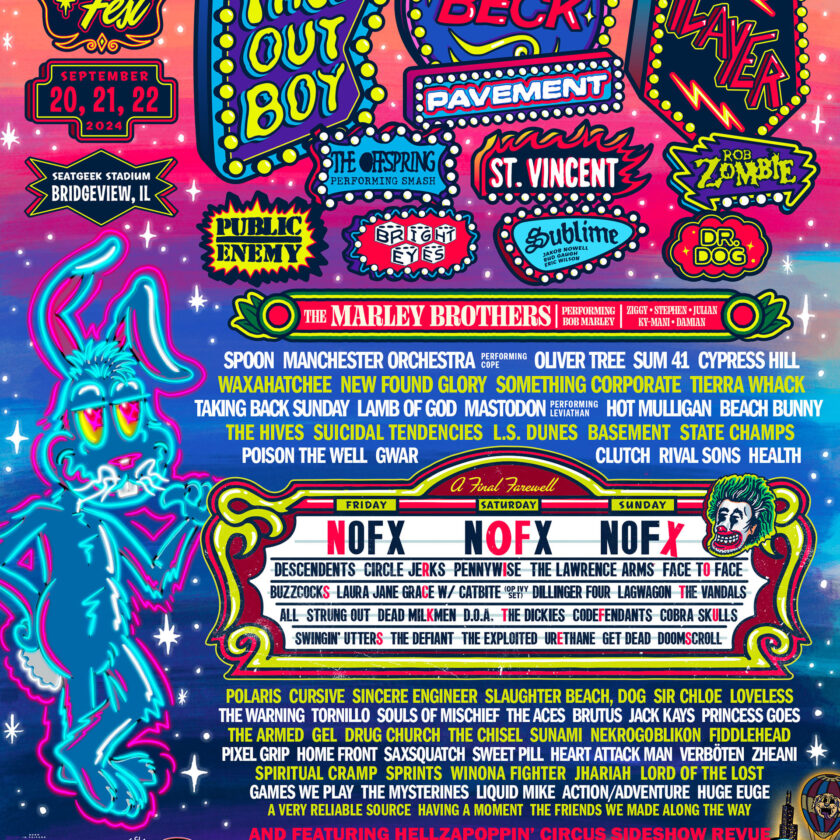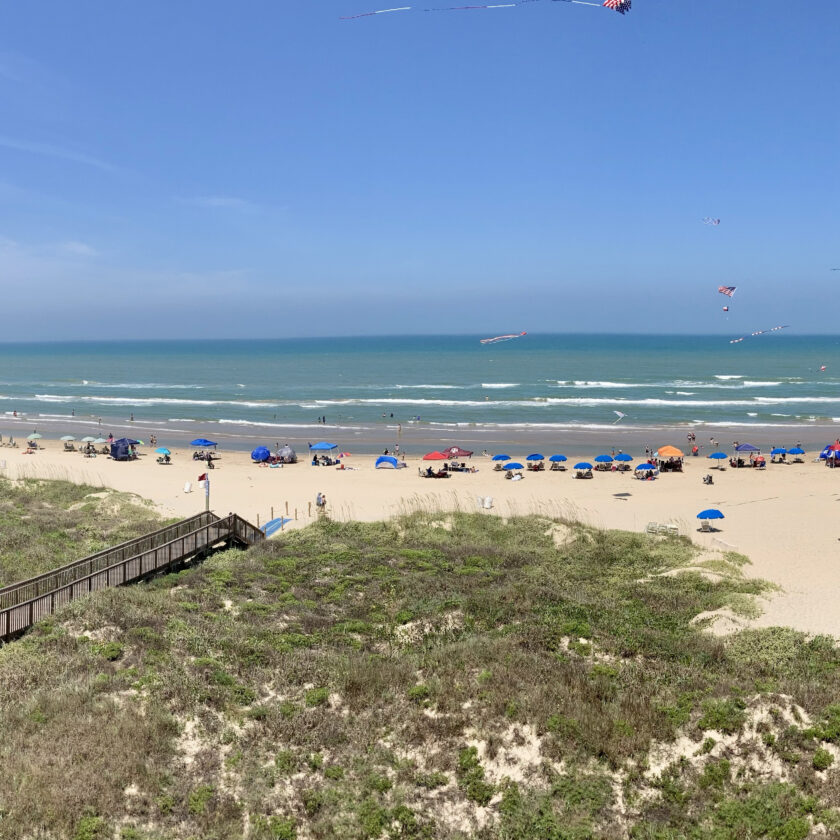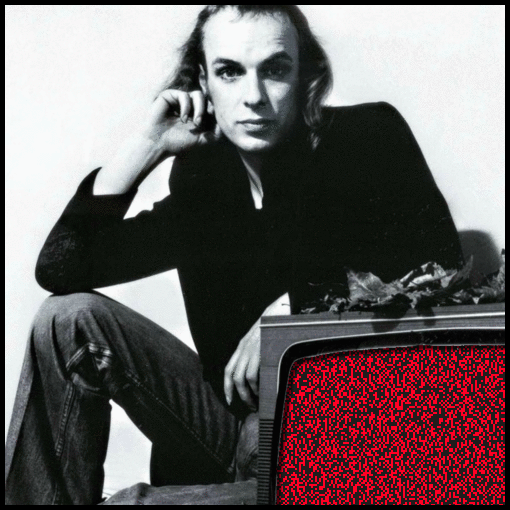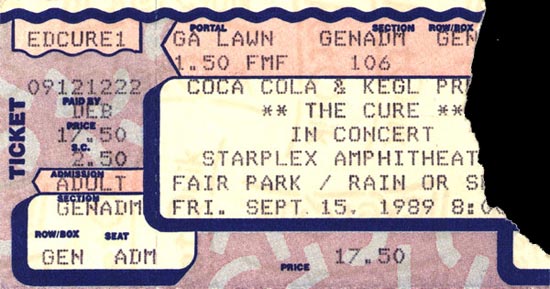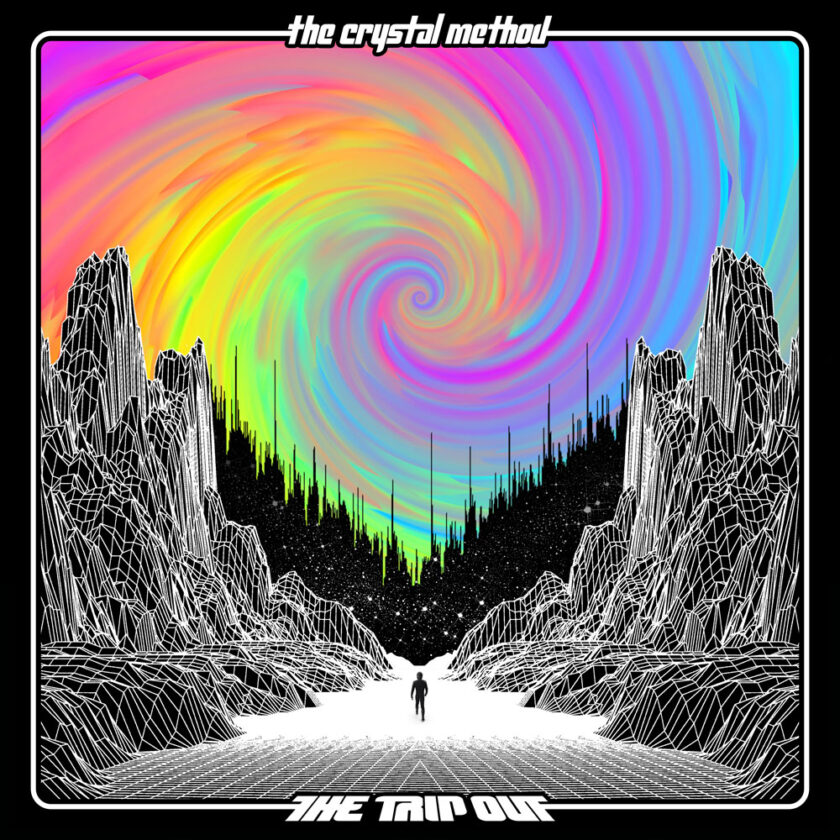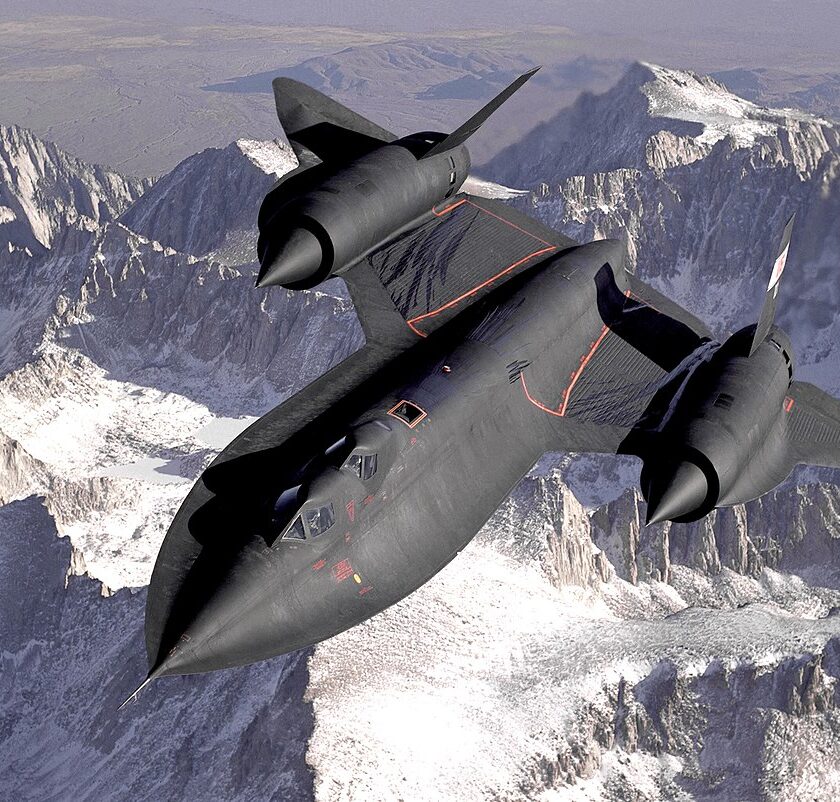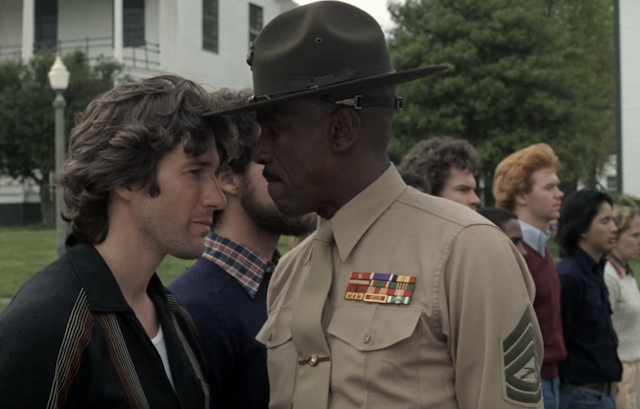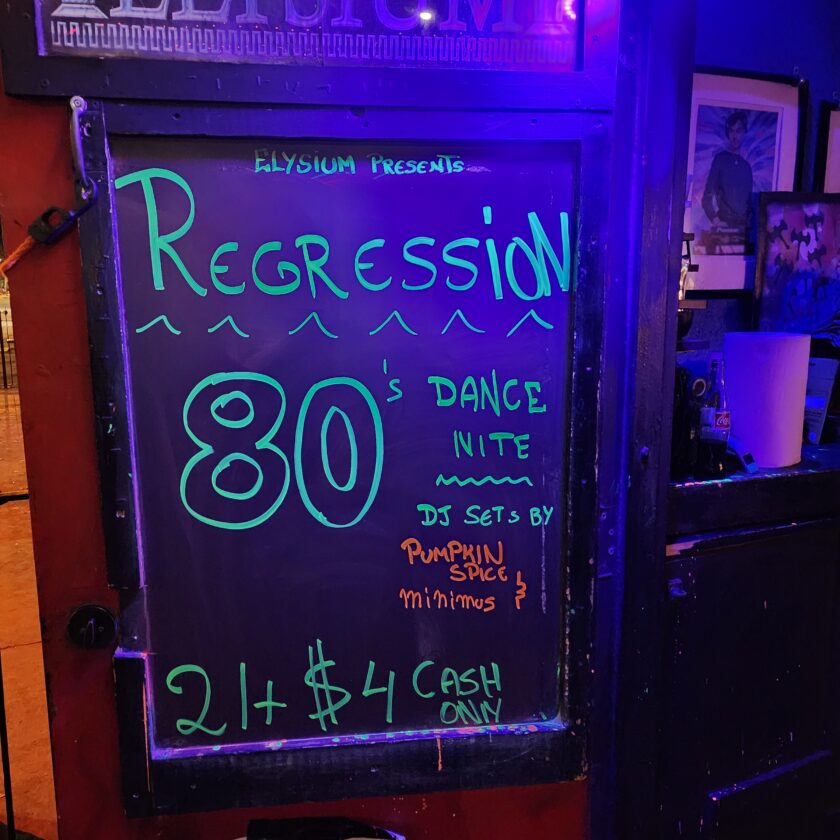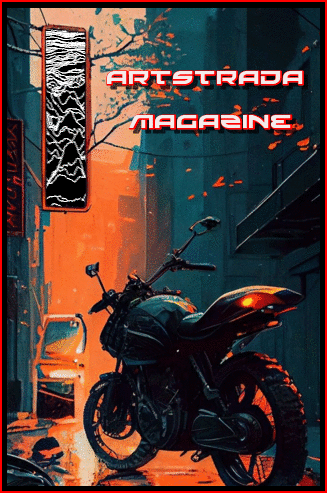Nine Inch Nails, commonly abbreviated as NIN, stylized as NIN, is an American industrial rock band formed in Cleveland in 1988. Singer, songwriter, multi-instrumentalist, and producer Trent Reznor was the only permanent member of the band until his frequent collaborator, Atticus Ross, joined in 2016. The band’s debut album, Pretty Hate Machine (1989), was released via TVT Records. After disagreeing with TVT about how to promote the album, the band signed with Interscope Records and released the EP Broken (1992). The following albums, The Downward Spiral (1994) and The Fragile (1999), were released to critical acclaim and commercial success.
Tours[edit]
See also: List of Nine Inch Nails tours
- Pretty Hate Machine Tour Series (1988–1991)
- Self Destruct Tour (1994–1996)
- Fragility Tour (1999–2000)
- Live: With Teeth Tour (2005–2006)
- Performance 2007 Tour (2007)
- Lights in the Sky Tour (2008)
- Wave Goodbye Tour (2009)
- Twenty Thirteen Tour (2013–2014)
- I Can’t Seem To Wake Up (2017)
- Cold and Black and Infinite (2018)
- U.S. 2022 & U.K. 2022 (2022)
Following a hiatus, Nine Inch Nails resumed touring in 2005 and released the album With Teeth (2005). Following the release of the album Year Zero (2007), the band left Interscope after a feud. Nine Inch Nails continued touring and independently released Ghosts I–IV (2008) and The Slip (2008) before a second hiatus. Their eighth album, Hesitation Marks (2013), was followed by a trilogy which consisted of the EPs Not the Actual Events (2016) and Add Violence (2017) and their ninth album Bad Witch (2018). In 2020, Nine Inch Nails simultaneously released two further installments in the Ghosts series: Ghosts V: Together and Ghosts VI: Locusts.
When touring, Reznor typically assembles a live band to perform with him under the Nine Inch Nails name. This live band has varied over the decades, with various members leaving and returning; the most recent lineup consists of Robin Finck (who initially joined in 1994), Alessandro Cortini (who initially joined in 2005), and Ilan Rubin (who initially joined in 2009) alongside Reznor and Ross. The band’s concerts are noted for their extensive use of thematic visual elements, complex special effects, and elaborate lighting. Songs are often rearranged to fit any given performance, and melodies or lyrics of songs that are not scheduled to be performed are sometimes assimilated into other songs.
Nine Inch Nails have sold over 20 million records and been nominated for 13 Grammy Awards, winning for the songs “Wish” in 1992 and “Happiness in Slavery” in 1996. Time magazine named Reznor one of its most influential people in 1997, while Spin magazine has described him as “the most vital artist in music”. In 2004, Rolling Stone placed Nine Inch Nails at No. 94 on its list of the 100 greatest artists of all time. Nine Inch Nails were inducted into the Rock and Roll Hall of Fame in 2020, after being nominated in 2014 (their first year of eligibility) and again in 2015.
Official members[edit]
- Trent Reznor – lead and backing vocals, guitars, bass, keyboards, synthesizers, saxophone, piano, programming, drums, percussion (1988–present)[a]
- Atticus Ross – keyboards, synthesizers, programming, bass, backing vocals (2016–present)[a]
Additional touring lineup[edit]
- Robin Finck – guitars, synthesizers, keyboards, lap steel, violin, backing vocals (1994–1996, 1999–2000, 2008–2009, 2013–present)[a]
- Alessandro Cortini – bass, keyboards, synthesizers, guitars, backing vocals (2005–2008, 2013–present)[a]
- Ilan Rubin – drums, percussion, bass, guitars, cello, keyboards, backing vocals (2008–2009, 2013–present)[a]
Key former members[edit]
- Chris Vrenna – drums, percussion, keyboards, samplers (1988–1990, 1992–1997)[a]
- Richard Patrick – guitars, backing vocals (1989–1993)
- Jeff Ward – drums (1990–1991; died 1993)
- James Woolley – keyboards, synthesizers, programming, backing vocals (1991–1994; died 2016)
- Danny Lohner – bass, guitars, synthesizers, backing vocals (1993–2003)[a]
- Charlie Clouser – keyboards, synthesizers, theremin, percussion, programming, backing vocals (1994–2001)
- Jerome Dillon – drums, guitars (1999–2005)
- Jeordie White – bass, guitars, backing vocals (2005–2007)
- Aaron North – guitars, backing vocals (2005–2007)
- Josh Freese – drums, marimba (2005, 2005–2008)
- Justin Meldal-Johnsen – bass, backing vocals (2008–2009)
Discography[edit]
Main articles: Nine Inch Nails discography and List of songs recorded by Nine Inch Nails
- Pretty Hate Machine (1989)
- Broken (1992)[b]
- The Downward Spiral (1994)
- The Fragile (1999)
- With Teeth (2005)
- Year Zero (2007)
- Ghosts I–IV (2008)
- The Slip (2008)
- Hesitation Marks (2013)
- Not the Actual Events (2016)[b]
- Add Violence (2017)[b]
- Bad Witch (2018)
- Ghosts V: Together (2020)
- Ghosts VI: Locusts (2020)
Awards[edit]
For a more comprehensive list, see List of awards and nominations received by Nine Inch Nails.
Nine Inch Nails has been nominated for 13 Grammy Awards and has won awards on two occasions—for “Wish” in 1992 and “Happiness in Slavery” in 1995:
| Year | Nominee / work | Award | Result |
|---|---|---|---|
| 1992 | “Wish“ | Best Metal Performance[42] | Won |
| 1995 | The Downward Spiral | Best Alternative Music Performance[42] | Nominated |
| 1995 | “Happiness in Slavery” (from Woodstock ’94 compilation) | Best Metal Performance[42] | Won |
| 1996 | “Hurt“ | Best Rock Song[42] | Nominated |
| 1997 | “The Perfect Drug“ | Best Hard Rock Performance[42] | Nominated |
| 1999 | The Fragile | Best Alternative Music Album[42] | Nominated |
| 1999 | “Starfuckers, Inc.“ | Best Metal Performance[42] | Nominated |
| 2000 | “Into the Void“ | Best Male Rock Vocal Performance[42] | Nominated |
| 2005 | “The Hand That Feeds“ | Best Hard Rock Performance[340] | Nominated |
| 2006 | “Every Day is Exactly the Same“ | Best Hard Rock Performance[341] | Nominated |
| 2009 | “34 Ghosts IV“ | Best Rock Instrumental Performance[342] | Nominated |
| 2009 | Ghosts I–IV | Best Boxed Set or Limited Edition Package[342] | Nominated |
| 2013 | Hesitation Marks | Best Alternative Music Album[343] | Nominated |
Johnny Cash
“Hurt” is a song by American industrial rock band Nine Inch Nails from its second studio album, The Downward Spiral (1994), written by Trent Reznor. It was released on April 17, 1995, as a promotional single from the album.[a] The song received a Grammy Award nomination for Best Rock Song in 1996. In 2020, Kerrang and Billboard ranked the song number two and number three, respectively, on their lists of the greatest Nine Inch Nails songs.[4][5]
In 2002, Johnny Cash covered “Hurt” to commercial and critical acclaim. The related music video is considered one of the greatest of all time by publications such as NME. Reznor praised Cash’s interpretation of the song for its “sincerity and meaning”, going so far as to say “that song isn’t mine anymore”.[6]
Meaning[edit]

“Hurt” (Nine Inch Nails version)
Duration: 30 seconds.0:30
Problems playing this file? See media help.
The song includes references to self-harm and heroin addiction, though the overall meaning of the song is disputed. Some listeners contend that the song acts as a suicide note written by the song’s protagonist, as a result of his depression, while others claim that it describes the difficult process of finding a reason to live in spite of depression and pain and does not have much to do with the storyline of The Downward Spiral.[7]
Music video[edit]
The music video for Nine Inch Nails’ original version of “Hurt” is a live performance that was recorded before the show in Omaha, Nebraska, on February 13, 1995, and can be found on Closure and the DualDisc re-release of The Downward Spiral. The audio portion appears on the UK version of Further Down the Spiral. The version released on Closure differs slightly from the video originally aired on MTV. In addition to using an uncensored audio track, the Closure edit shows alternate views of the audience and performance at several points during the video.
To film the video, a scrim was dropped in front of the band on stage, projected onto which were various images to add visual symbolism to fit the song’s subject matter, such as war atrocities, a nuclear bomb test, survivors of the Battle of Stalingrad, a snake staring at the camera, and a time-lapse film of a fox decomposing in reverse. A spotlight was cast on Reznor so that he can be seen through the images. Compared to the live renditions performed on future tours, this version most resembles the studio recording with its use of the song’s original samples.[citation needed]
There are also official live recordings on the later releases And All that Could Have Been and Beside You in Time. Each version features distinct instrumentation by the varying members of the band in the respective eras.



